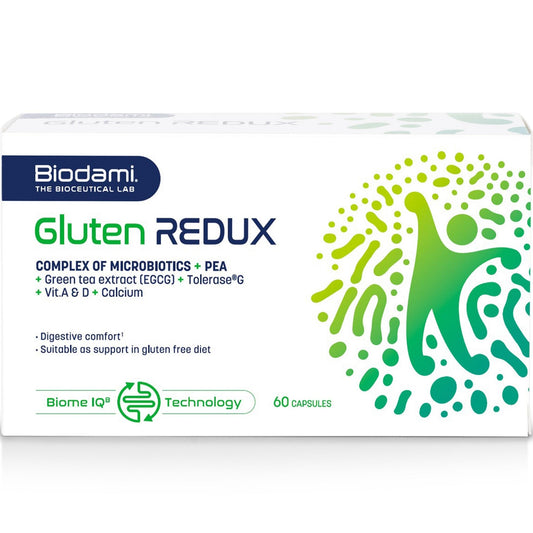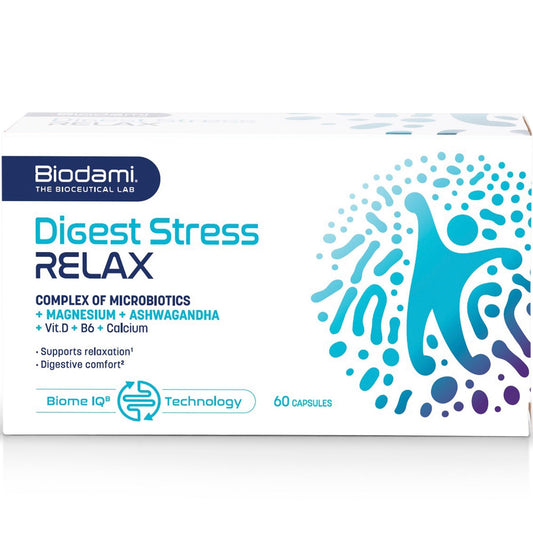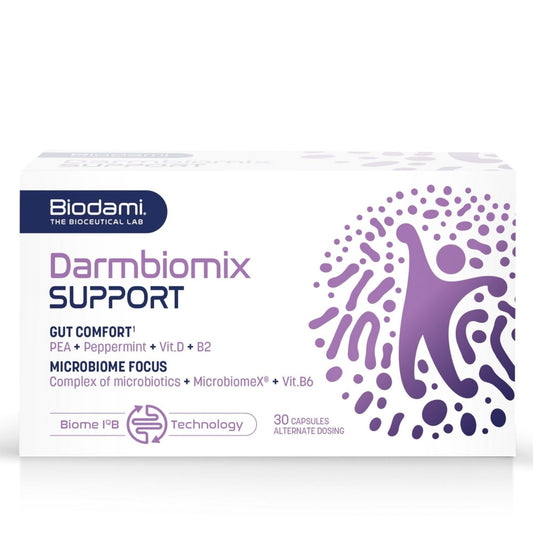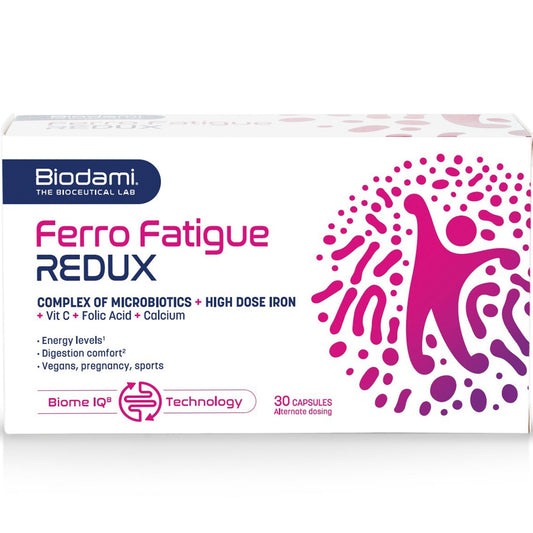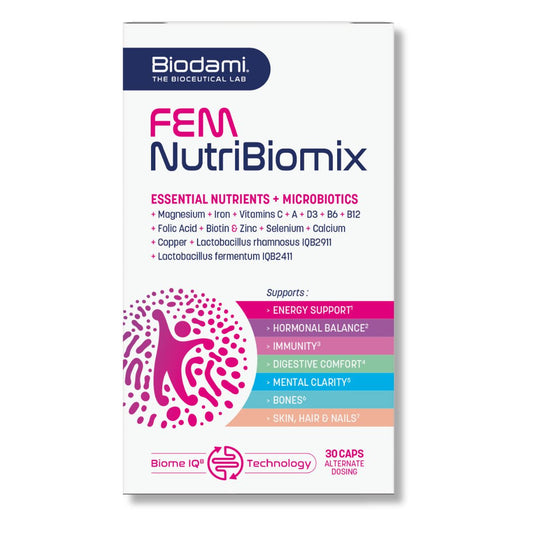Gluten are proteins found in the endosperm of grains, which are highly used in food because of their interesting texture forming properties. Gluten create texture in food due to their special 2D and 3D peptide structure (rich in proline and glutamine). At the same time these structural properties means they cannot be degraded easily by human digestive enzymes. Incomplete digestion can result in the generation of specific peptides that can elicit an immune response in certain individuals. The most well-known health issue arising from this is celiac disease which is an autoimmune disorder triggered by exposure to gluten. (read more about Celiac disease here or about gluten here)
WHAT IS NON CELIAC GLUTEN SENSITIVITY (NCGS)
However, not all gluten reactions mean autoimmune disease. Non Celiac Gluten Sensitivity (NCGS) is a less known but increasingly recognized condition that is characterized by intestinal and extra intestinal symptoms triggered by gluten ingestion where symptoms are similar to other gastrointestinal disorders such as diarrhea, nausea, bloating, flatulence, constipation, abdominal pain, inconsistent bowel habits [1]. How NCGS arises is still unknown but the loss in tolerance may be in part due to the increased gluten content in wheat over the past decades [2]. We typically consume 10g to 20g of gluten per day and all individuals, even with less risk would eventually be susceptible to some form or gluten reaction [3] with a higher prevalence estimate than celiac disease (14,9% vs 1%) [4].
Diagnosis
The diagnosis remains elusive because people that suffer from NCGS are heterogenous groups, no typical blood /lab marker exists and it cannot be linked to genetic disposition alone as only 50% of NCGS have the typical celiac gene marker HLADQ2/DQ8.
The only way to diagnose NCGS is by elimination.
- No Celiac Disease markers
- Immunoglobulin E negative (IgE is an antibody mostly used as marker in (food) allergies)
- No villous atrophy
- By withdrawing gluten completely from the diet, monitoring the symptoms and then adding back gluten in the diet to determine if the symptoms return (also called the "open challenge").
If you think you have NCGS you may want to try to eliminate gluten from your diet and check what the difference is when you reintroduce gluten in your diet. Always consult your doctor to make sure your symptoms are not caused by other illnesses that you need urgent treatment for.
Likewise, there is also no unequivocal gut microbiome composition that would characterize a person with NCGS although they tend to have intestinal permeability. Whilst increased intestinal permeability in response to dietary gluten is most severe in celiac patients, zonulin, a marker for intestinal permeability, is also increased in people suffering from Irritable Bowel Syndrome and NCGS [5].
NCGS is not an autoimmune disease though it can become burdensome to people. In Celiac disease the only remedy is a strict Gluten Free Diet, which is not always followed and typically patients would welcome other alternatives. While a gluten free diet is the gold standard treatment, going completely Gluten Free is not the consensus treatment for NCGS. NCGS may be transient [6] and it may be sufficient for NCGS persons to limit or minimize gluten intake or be more careful with their gluten exposure. Food matrices in which gluten is present also carry a lot of nutrition which you may miss if you completely remove gluten from your diet. Think of the loss of sources of dietary fibers, vitamins B1 and B2, iodine, iron, zinc and magnesium that would normally be present in whole grain bread.
With gut permeability playing a role, it may be prudent to take extra measures to ensure the integrity of the gut barrier is sustained, not just for gluten related issues but for overall health as well.
Recommended For You
Kristina Cueva
Kristina has always had a passion for understanding diseases and their underlying mechanisms. With a Biomedical sciences background as well as Public Health & Economics, Kristina understands the burdens diseases have on society. This helps her understand necessary innovations to promote good health which ultimately lower burden of disease.
References:
1.Barbaro, M. R., Cremon, C., Stanghellini, V., & Barbara, G. (2018). Recent advances in understanding non-celiac gluten sensitivity. F1000Research, 7, F1000 Faculty Rev-1631. https://doi.org/10.12688/f1000research.15849.1
2. Pasquale Mansueto MD , Aurelio Seidita MD , Alberto D’Alcamo MD & Antonio Carroccio MD (2014). Non-Celiac Gluten Sensitivity: Literature http://dx.doi.org/10.1080/07315724.2014.869996
3.Sapone, A., Bai, J.C., Ciacci, C. et al.Spectrum of gluten-related disorders: consensus on new nomenclature and classification. BMC Med 10, 13 (2012). https://doi.org/10.1186/1741-7015-10-13
4.Cárdenas-Torres, F.I.;Cabrera-Chávez, F.; Figueroa-Salcido,O.G.; Ontiveros, N. Non-Celiac Gluten Sensitivity: An Update.Medicina 2021, 57, 526. https://doi.org/10.3390/medicina57060526
5.Hollon, J., Puppa, E. L., Greenwald, B., Goldberg, E., Guerrerio, A., & Fasano, A. (2015). Effect of gliadin on permeability of intestinal biopsy explants from celiac disease patients and patients with non-celiac gluten sensitivity. Nutrients, 7(3), 1565–1576 https://doi.org/10.3390/nu7031565
6. Leonard, M. M., Sapone, A., Catassi, C., & Fasano, A. (2017). Celiac Disease and Nonceliac Gluten Sensitivity: A Review. JAMA, 318(7), 647–656. https://doi.org/10.1001/jama.2017.9730
